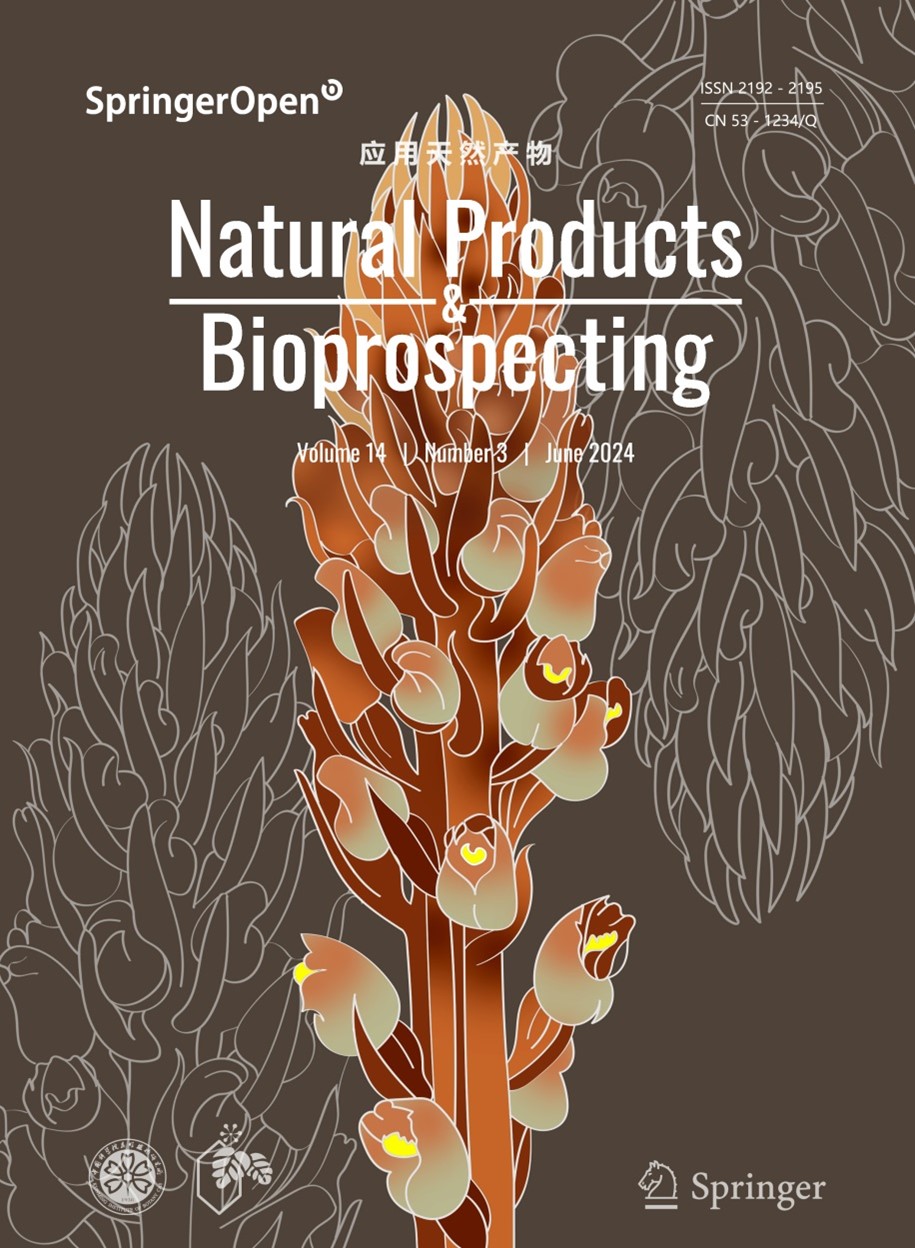
The traditional Chinese medicinal "Tianma," derived from the plant Gastrodia elata, boasts an extensive historical lineage and is recognized for its regulatory effects on the nervous system. Historically, research has predominantly concentrated on the rhizomes of this plant, which are rich in gastrodin and a spectrum of natural products structured around benzyl alcohol as their fundamental moiety. However, recent pharmaceutical investigations into the floral branches of G. elata have unveiled a distinct chemical profile in stark contrast to that of the rhizomes. The isolation has yielded isopentenyl-substituted flavonoids, mulberrofurans, and gastrodiamide, which are seldom observed within the Orchidaceae family. These newly isolated compounds have demonstrated potent anti-MRSA activity and enhanced inhibitory effects on acetylcholinesterase (AChE), underscoring their potential as candidates for the development of novel antibacterial and neurotherapeutic agents. The research team led by Hu Jiangmiao underscores the significance of exploring the floral branches of G. elata, highlighting its untapped potential and the broader implications for the advancement of pharmaceutical sciences.
Get the original text https://link.springer.com/article/10.1007/s13659-024-00430-6
Read More: Natural Products and Bioprospecting
(Editor:YANG Mei)




